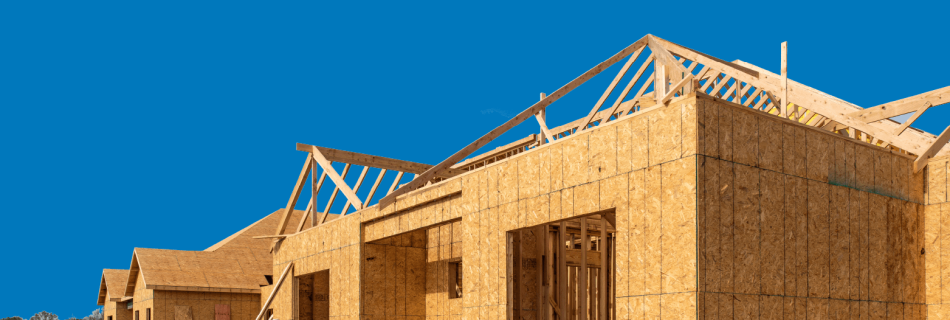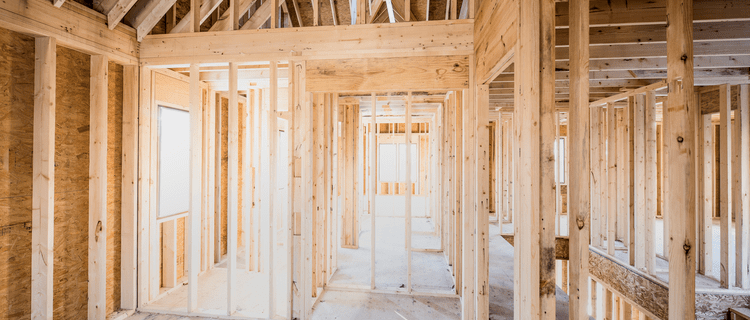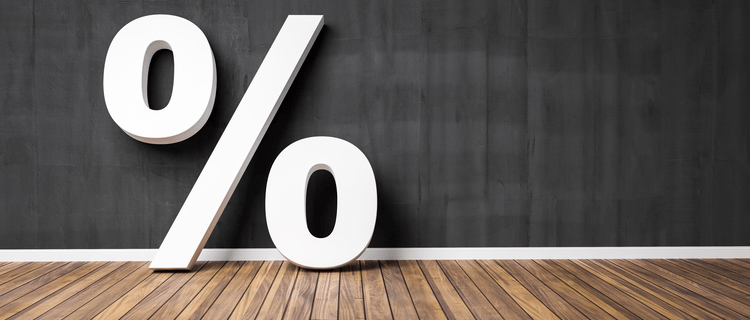3 Advantages of Buying a Newly Built Home Today
Some Highlights Prices, rates, and finding the right home are three of the biggest challenges for buyers today. You may find better luck with all 3 if you look at newly built homes. There are more available. Builders are more flexible on prices right now. And people who buy new homes tend to get lower …





